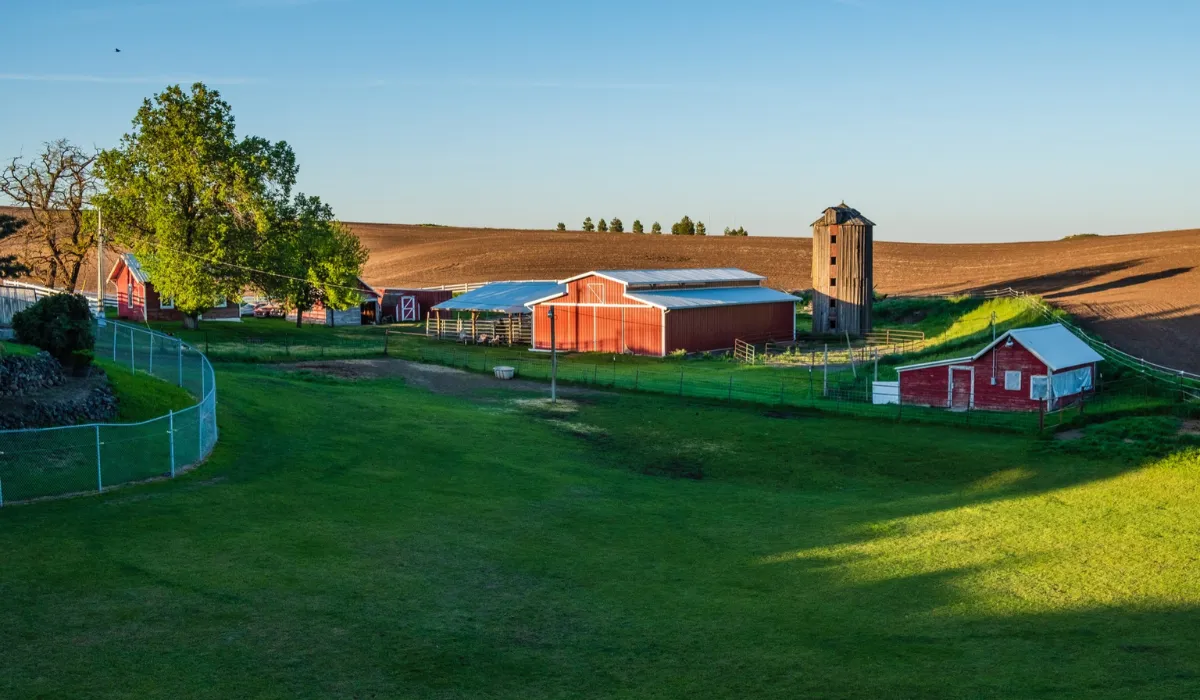Inheriting a farmland in Canada is a privilege. Equally, it is a big responsibility. Having a connection to your farming background can also help you financially. We’re talking about inherited farmland taxes.
It’s true that Canada does not have a direct inheritance tax. But you do need to know the implications. And you can be aware of when farmland changes hands. Let’s learn more about it.
What Are Inherited Farmland Taxes?
When someone passes away, their assets will be sold at a fair market value. But this is something which is decided before someone’s death. This includes farmlands owned by the deceased.
Now, this can lead to added capital gains tax.
This tax is based on how much the property's value has gone up since it was first bought. The process is called deemed disposition.

Let’s discuss an example to clear it all up:
A farmer bought land for $200,000. It's worth $500,000 at the time of their death. The estate may owe capital gains tax on the $300,000 increase. This tax is paid by the estate before the property is transferred to the heirs.
Inherited Farmland Taxes on Property Transfers
If you are transferring farmland to a spouse or child, the conditions may vary. If the land is going to a spouse, the transfer can happen at the original purchase price. So, any capital gains tax will be deferred. But only until the spouse sells the property.
Similarly, transferring to a child can defer taxes. For this, your child needs to be a Canadian resident. Plus, the land used should be in a farming business.
Without these conditions, the estate will have to pay taxes immediately. And that can be a big burden. To learn more about this in detail, you may partner with professionals like Darren Sander Realty.

How to Avoid Inheritance Tax on Farms
If you want to minimize the inheritance tax on the farm, the following tips can be helpful:
Use the Lifetime Capital Gains Exemption (LCGE): If you’re a farmer, you can be free from up to $ 1 million in capital gains. This will apply when you sell or transfer qualified farm property.
Transfer Property During Lifetime: If the farm can be transferred when the person is still alive, you can manage taxes better.
Set Up a Trust: A trust can give you more control over how the property is managed. You will also have more control over tax distribution and have more tax advantages.
Talk to a Professional: If you’re unsure, work with tax advisors and estate planners or contact experts who know about all these.

Selling Inherited Farmland: What It Means
Suppose you inherit farmland and then decide to sell it. Then you need to consider capital gains tax. The gain is calculated based on the property’s value.
Suppose you have a land valued at $500,000 when inherited. And you sold it later for $600,000. Here, the capital gains tax would apply to the $100,000 increase.
This means you have to keep the records of the property's value at inheritance.
Final Thoughts: Moving Forward
When you inherit a farmland, it goes beyond ownership. Keep in mind that Canada’s system avoids any direct inherited farmland taxes.
So, if you've inherited farmland in Southern Alberta, or are considering selling such a property, you have to know its value and the market! A skilled team here who are experienced with agricultural real estate can help you out.

